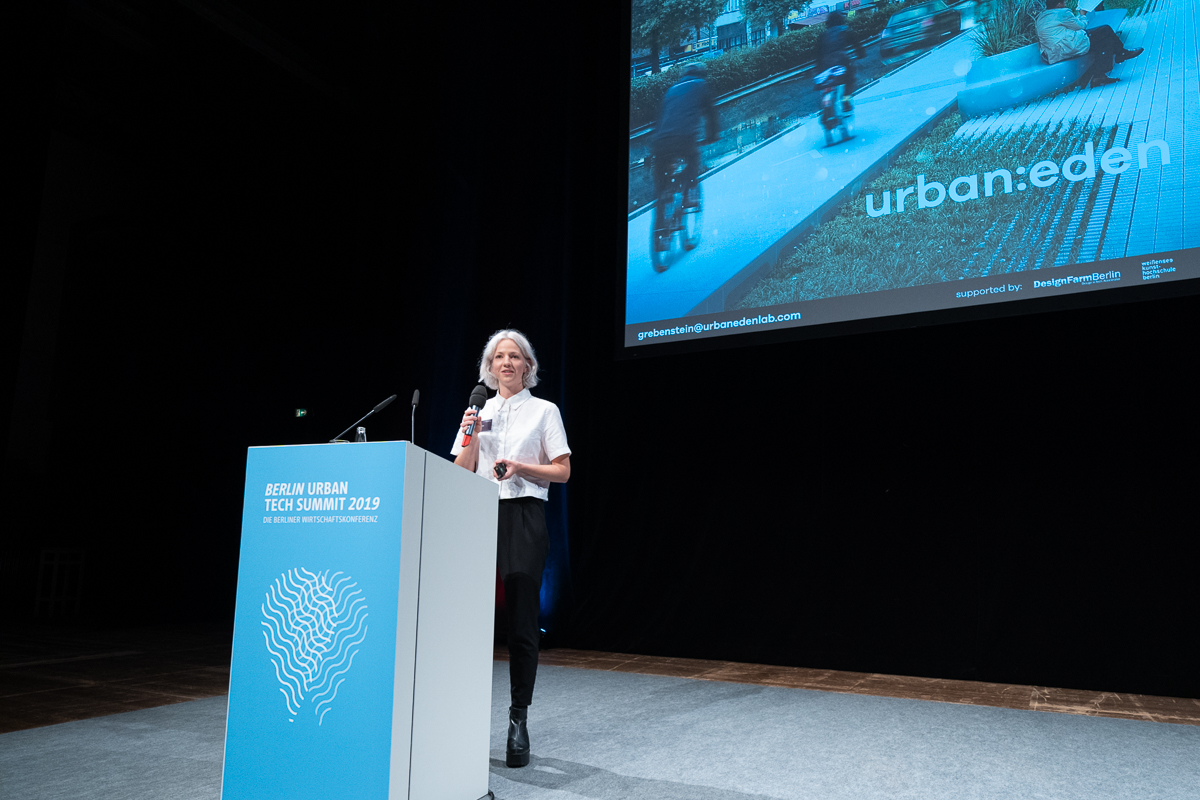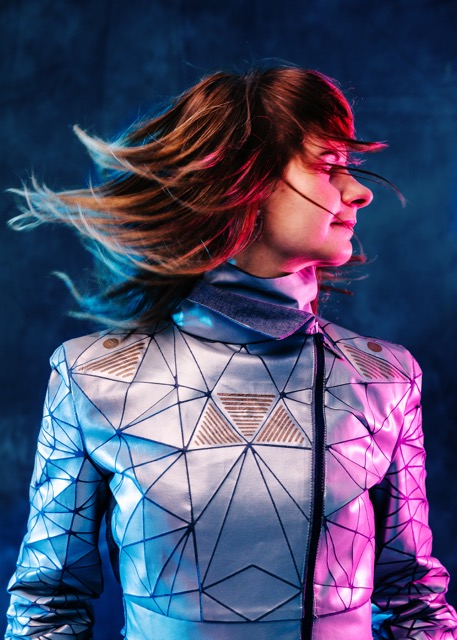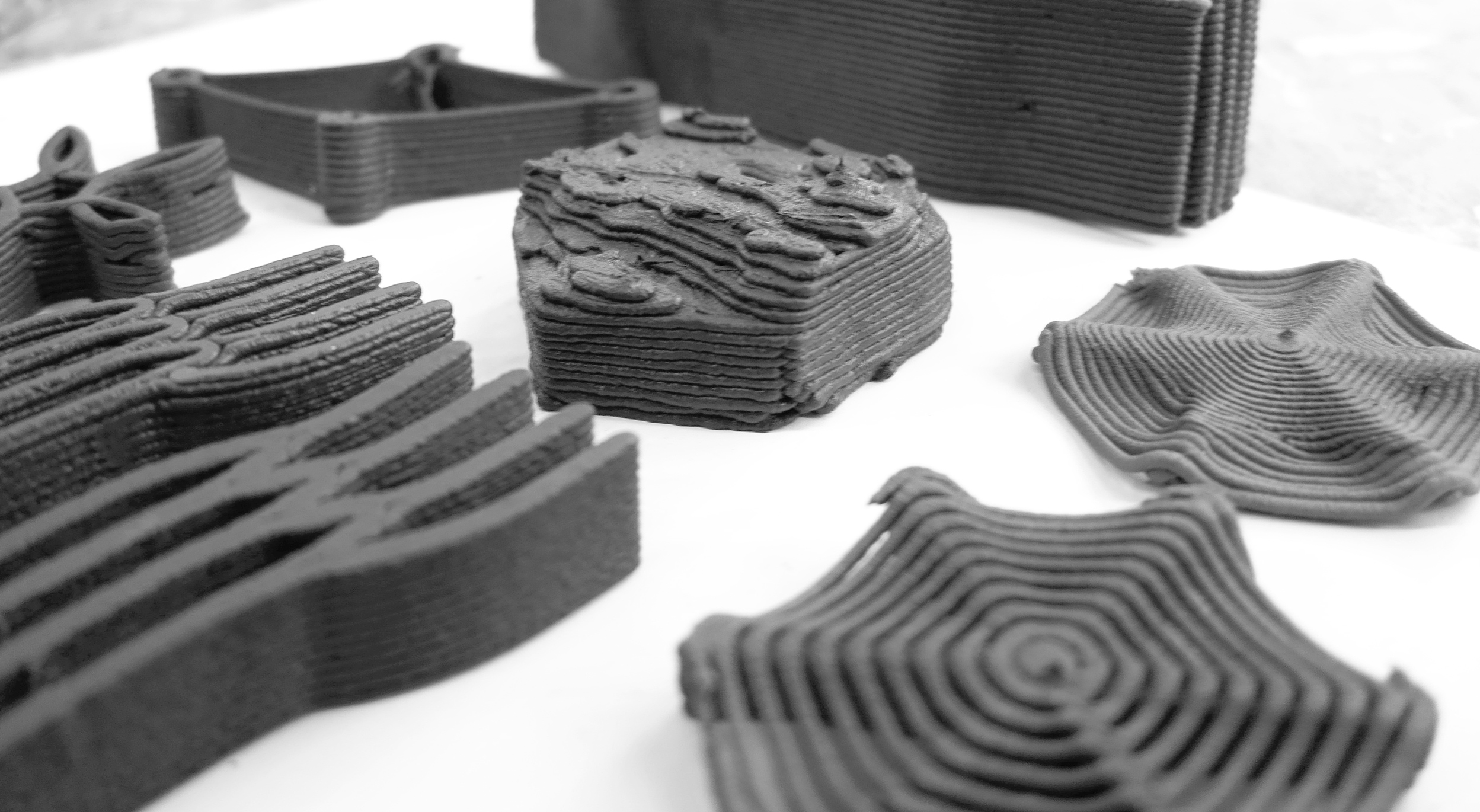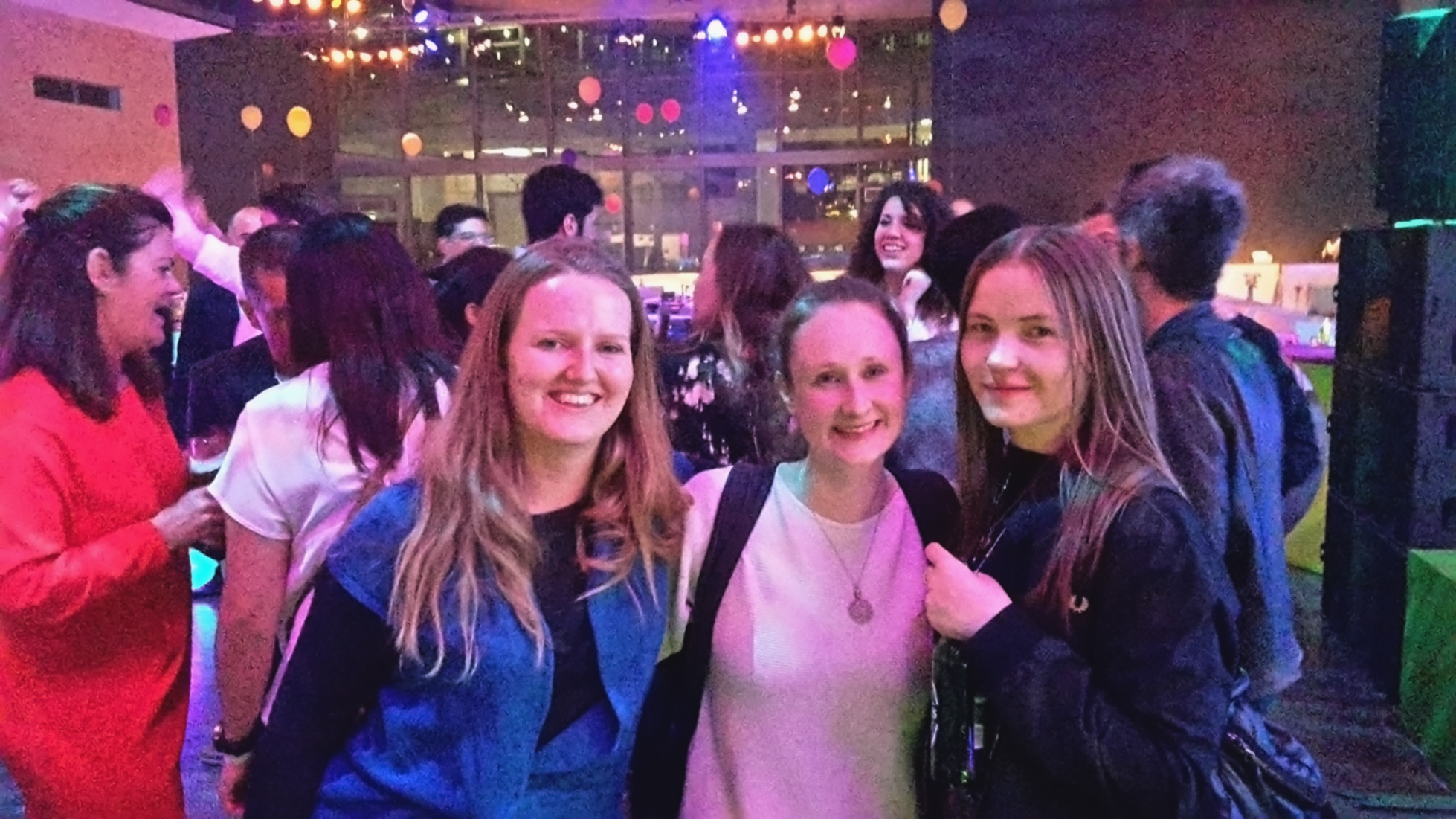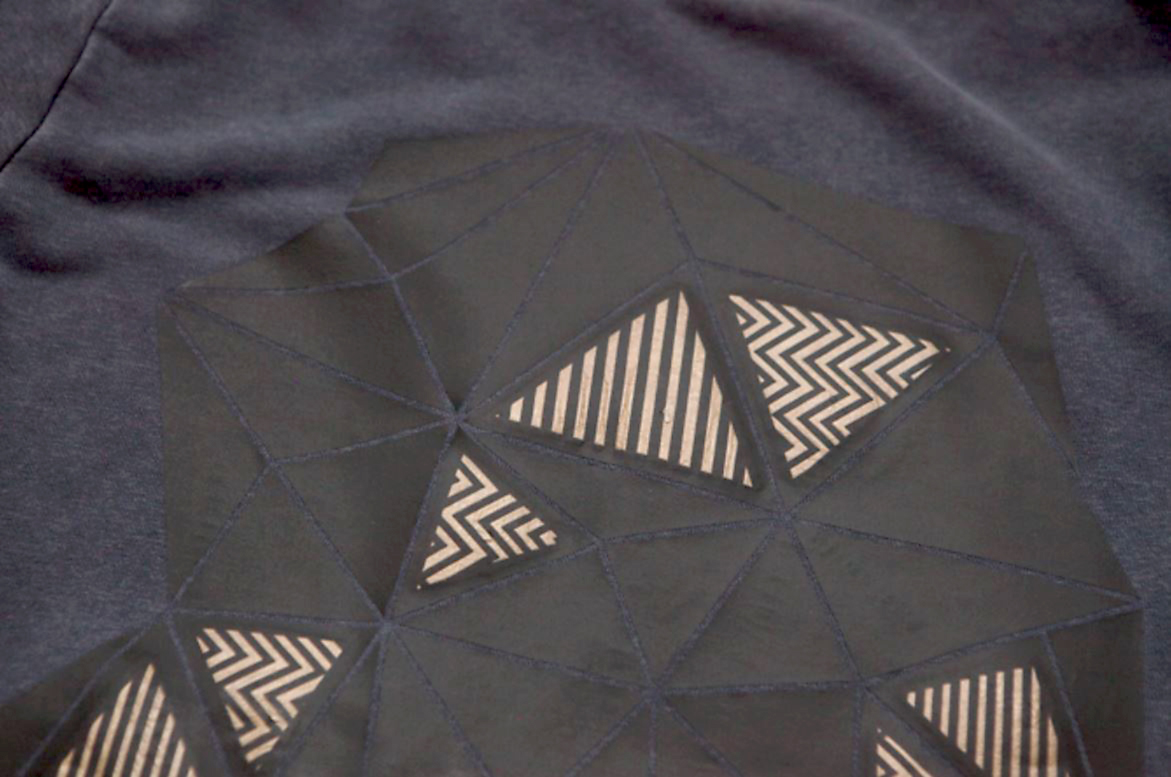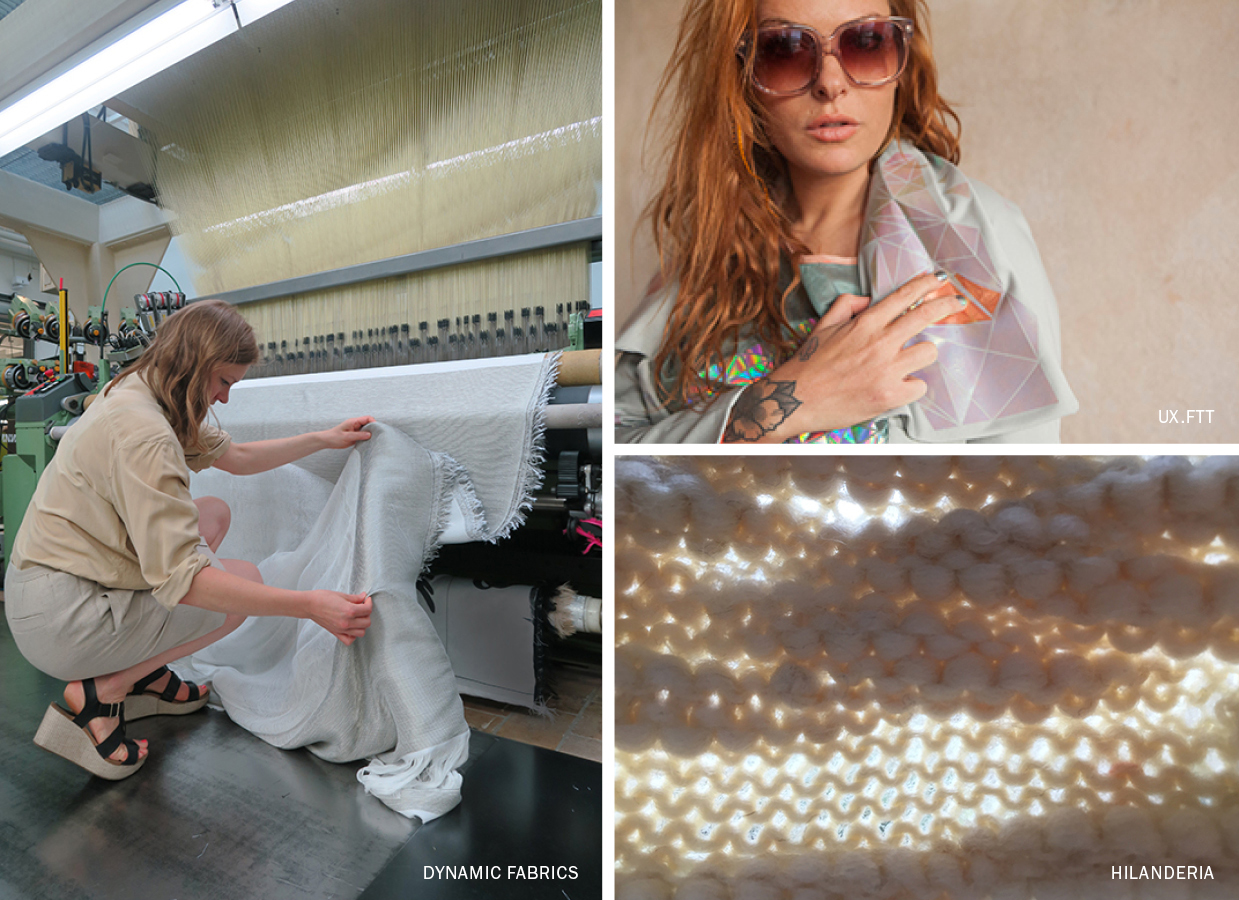It‘s been almost six months since the first ever Design-in-tech Accelerator – DesignFarmBerlin came to life: An initiative supporting designers in placing their product ideas on the market. In times when accelerators in Berlin urge for scale and cash streams our approach can be regarded as kind of odd.
Firstly, we focus on ideas that bridge design and technology. Design is the cradle for innovation and technology is what makes it sparkle. Numerous examples from the industry, AirBnB, Snapchat, Pinterest, prove this approach to work successfully: technology has to be perfected in a meaningful way to become profitable.
Secondly, we offer a very customized program to each of our „farmers“. We connect them with industrial and research partners to broaden their horizon and involve them in a conversation within their industry sector. This way, we create an individual ecosystem for each farmer to eventually sharpen their vision.
Finally, we cultivate the culture of debate. Through this debate, the farmers can shape their product or service idea.
Currently, five ventures are nurtured at the farm: Shortcut, dadamachines, Hilanderia, UX.FTT and Dynamic Fabrics. The three latter ones are run by women working in the area of textiles and fashion.
UX.FTT paves the way in the area of wearables electronics. The founder behind it, Esther Zahn, explores the integration of thin-film sensors into textiles. One of her recent developments is a music garment. The sensing approach, however, can be also applied to control other objects and equipment to create smart environments, known as a smart home or an e-vehicle. As a fashion designer, Esther investigates the aesthetics of arranging electronics in a user-friendly and appealing way.
Hilanderia from Sara Rodriguez is a prototype of a digital yarn spinning machine designed to precisely control and modulate the properties of a yarn e.g. yarn thickness or yarn material combinations. Although the machine is now at a prototype level, the first patterns have been produced. The field of application for this new technique is extremely wide: from fashion design, home textiles to technical textiles. As a next step, Sara strives to demonstrate these new capabilities of „desktop-designed“ fabrics to young fashion design labels in Berlin and to scale the concept for industrial production. Currently, Sara is working on a fashion collection together with a Berlin-based fashion designer, Nathalie Krueger. In a fashion city like Berlin her approach promises to become a huge success.
Ursula Wagner is a textile designer who specializes in industrial weaving technologies. She creates bespoke large-size 3D textiles and flexible solutions for interior architecture. With a sense for innovative material combinations and her technological expertise, she develops sophisticated fabric constructions according to the site-specific design brief. She is now joining her efforts to showcase her Dynamic Fabrics to potential customers. You can admire her works at the permanent collections of Grimmwelt Kassel* and at Audax TextielMuseum Tilburg as well as in her studio in Berlin-Schoeneberg.
On March 8-9th, 2017 DesignFarm organizes the second workshop for new applicants at Fab Lab Berlin. This time, the applicants will have a chance to join us for the Meet&Pitch on Design-in-tech at the Factory Berlin and discover the vibrant start-up scene of Berlin
Feel free to join us on March 8th at 6 pm at the Factory to celebrate the creativity of designers.
Press contact: Anastasia Zagorni, anastasia.zagorni@designfarmberlin.de
*Ursula Wagner & TheGreenEyl Berlin, Installation WORTARBEIT, Grimmwelt Kassel 2015
